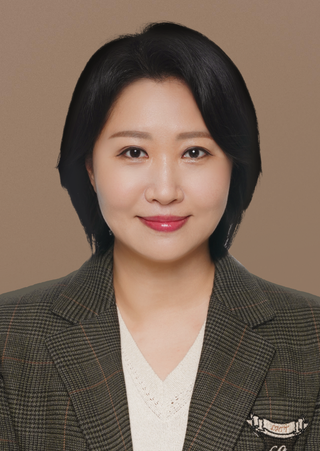USSC Non-Resident Fellow Dr Jooyeon Hong authored this article published by the International Area Studies Review.
Abstract
Amid the overlapping global challenges of the climate crisis, digital transformation, and sustainable development, cities are emerging as key diplomatic actors at the forefront of international engagement—moving beyond their traditional role as administrative units or physical spaces. In East Asia, particularly since the COVID-19 pandemic, city diplomacy that leverages technology, civic participation, and international norms has gained prominence as a distinctive diplomatic strategy. This study compares and analyzes the city diplomacy strategies, SDG implementation approaches, and applications of AI technology in major cities of South Korea, China, and Japan. Using a triangular analytical framework—comprising city diplomacy, the implementation of SDGs (Goals 11, 13, and 17), and the utilization of AI—this research examines how cities such as Seoul, Beijing, and Tokyo operationalize policy goals and rhetorical strategies, and how technological, institutional, and political dimensions interact in this process. The findings reveal that city diplomacy in these contexts extends beyond administrative exchanges, reflecting distinct political cultures and institutional arrangements, and contributing to the reconfiguration of diplomatic practices in the region. The proposed analytical framework provides a lens to interpret the political roles and strategic orientations of cities within the evolving international order, offering theoretical and practical implications for understanding the future trajectory of East Asian city diplomacy.





